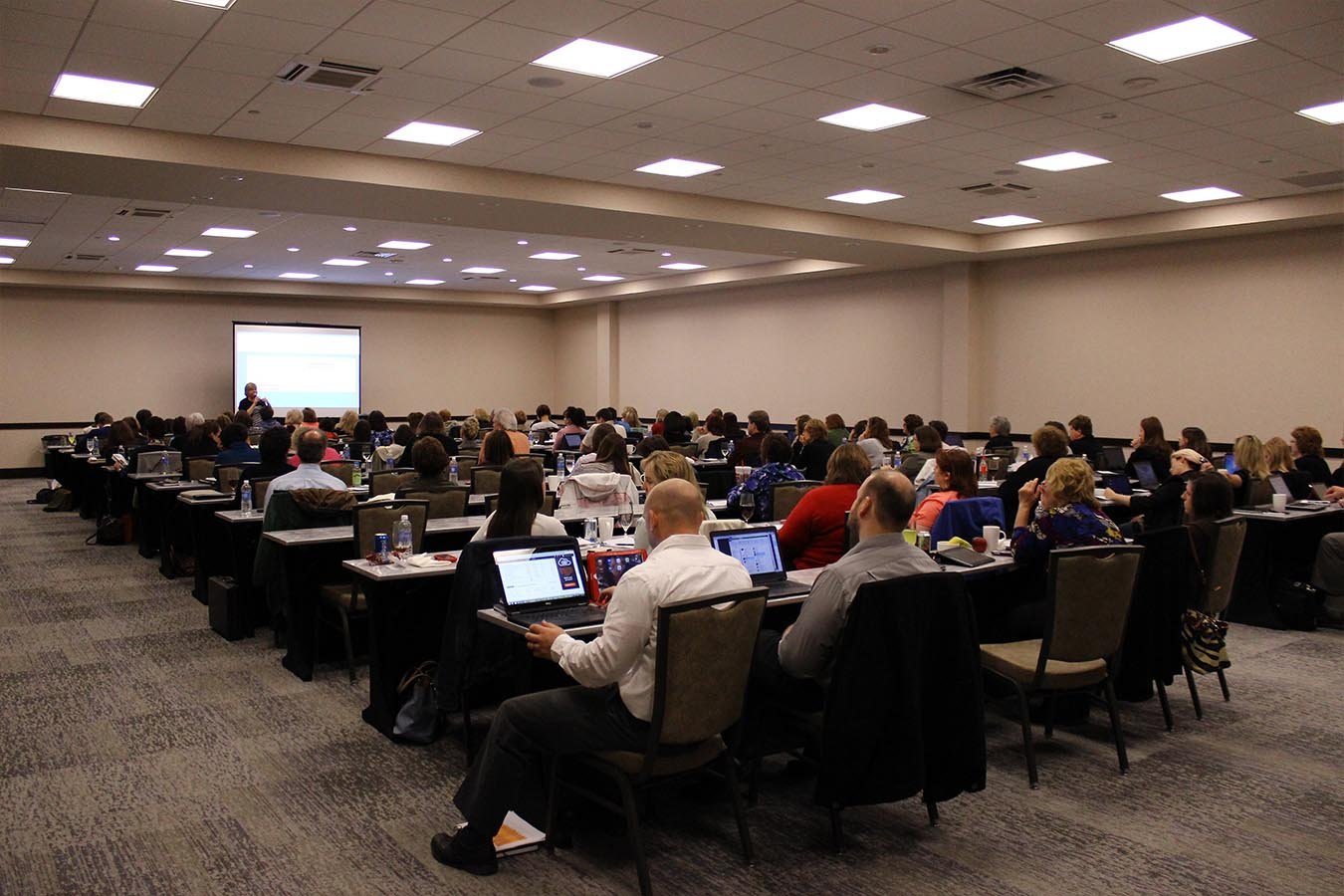
Subscribe to the Blog
Stay up to date
Emails and meetings are the two most common ways to communicate a point or receive feedback, and they're each valuable for different reasons. Knowing the best communication method for the situation can save your business time and money.
Times When It's Worth Having a Meeting
If you're deciding when to have a meeting, you should consider aspects like the agenda, the purpose it fills, and the type of feedback the information requires. Here are some questions to ask yourself:
- What is the meeting's purpose: It's best to hold meetings for collaborating on important decisions or building employee camaraderie.
- Is this a recurring meeting: A recurring meeting can be a useful way to gauge the staff's opinions and build relationships. Consider sending feedback forms to ensure the recurring meeting continues serving its purpose.
- How many people will contribute: Meetings are great when multiple members of a team need to discuss information and they each have something important to contribute.
- Is the issue complex: A meeting with a superior or other key decision-makers can be useful when handling complex issues.
Times When an Email Will Do the Trick
If you're wondering when to send an email, there are a few things to consider:
- Whether the issue is simple: An email can resolve simple issues.
- How many decision-makers are involved: Emails are preferable when there are people involved who are not involved in the decision-making process.
- How many people need the information: Emails are great for passing along a few pieces of information to a large group of people, especially if the majority of those individuals are receivers who won't be contributing information in return.
- Why are you connecting: A quick check-in or status update can always be an email.
General Rules
Emails and meetings can each be valuable. Here are a few general rules for meetings and emails:
- Meetings should be brief in time and small in attendance, whereas emails can communicate a lot of information to a large group.
- If you feel that you or others have little to contribute to a meeting, say something. Maybe an email would be better.
- Always email baseline information ahead of a meeting so the group can get right to the important stuff.
A Great Venue Can Make All the Difference
Purposeful meetings can bring your staff together, especially when they take place at an exciting venue. Spooky Nook has 700,000 square feet of flexible meeting space, plus a direct connection with our world-class fitness center. We invite you to schedule a corporate event for a day full of engaging meetings and unique team-building activities.

Subscribe to the Blog
Stay up to date
Subscribe to our Blog!
Stay up to date with the latest news from Champion Mill Conference Center!







